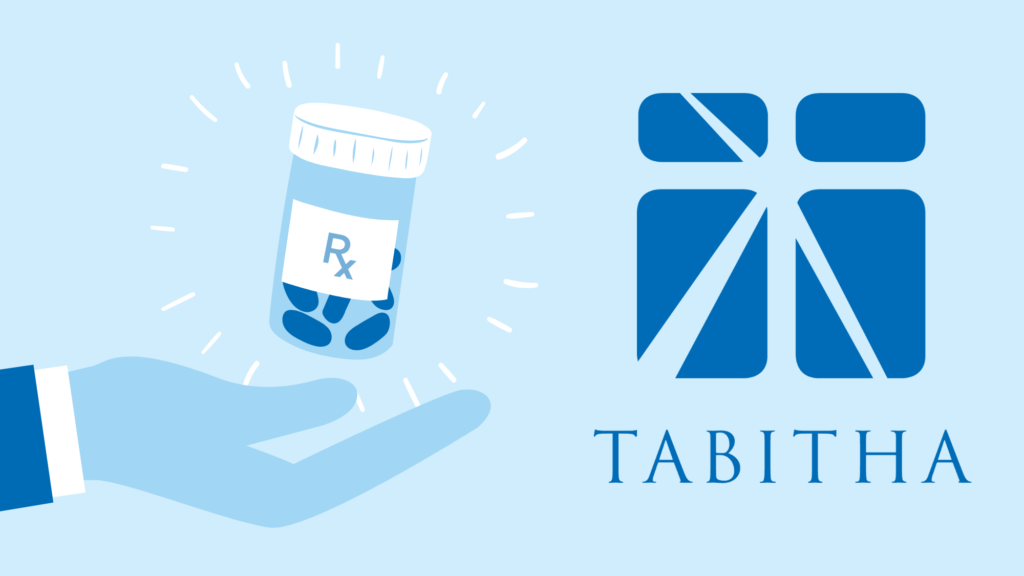
Did you remember to take your pills today? 66% of all adults in the United States take at least one prescription drug every day, but even the most cognizant, “with-it” individual may fumble when it comes to taking the correct dose of their prescriptions at the right time. Because of this, practicing medication safety is a must. Take a quick review into the world of medicinal management with Tabitha as your guide!
What are the most basic prescription safety practices?
Draft up a list of the medications you are currently taking, as well as each drug’s dosage and frequency. Don’t forget to include over-the-counter (OTC) remedies, vitamins, supplements, or any other medicinal items included in your daily routine, like ointments or injections. Follow safe prescription storage methods by keeping meds in a dry, safe space in their original packaging or bottle.
If you rely on ibuprofen or Tylenol to alleviate chronic pain symptoms, check with your doctor or pharmacist to ensure these familiar OTC meds don’t clash with your current prescriptions and result in unpleasant side effects. While these tips may seem like common sense, the U.S. Food & Drug Administration (FDA) receives over 100,000 medication error reports per year—so a refresher never hurts.
How can I tell if a medication is working for me—and if not, how do I bring it up to my doctor?
Part of October, or “Talk About Medications” Month, is self-evaluation: are your meds working for your body, behavior and lifestyle? Everyone is different when it comes to adverse or allergic reactions. Thus, noticing side effects or the beginnings of anaphylaxis will save you a lot of discomfort—and potentially a lot of money, too.
Have your doctor educate you on the side effects of each drug before it becomes part of your regimen. If a prescribed medication turns out to be detrimental to your energy levels, state of mind or overall health, make sure to discuss these issues with your care team before going off of it entirely.
Additionally, if you run into financial problems with a particular prescription, don’t feel ashamed discussing options with your doctor or pharmacist; they have your best intentions in mind, and a less expensive, generic alternative may be just as successful as the pricier, name-brand drug.
What if I need help tracking and taking all my medications?
Some simple tactics for prescription tracking are using a daily pill box, jotting down notes on a readily visible calendar or trying tech out with an automatic pill dispenser. Need some extra help? Have a reliable family member or friend stop by every so often to ensure drugs are being taken correctly. If you are comfortable with them accompanying you to doctor’s appointments, this additional information may be beneficial for both of you.
If it becomes all too much to handle alone, Tabitha Home Health Care is Your Answer for compassionate in-home assistance and can help you come up with a plan.
Studying up on safety practices gives you an advantage: it yields understanding on important objectives to keep yourself and loved ones on the right track. After all, knowledge is power: especially when your health is on the line!
For all your aging questions, start with Tabitha. Contact a Tabitha Care Expert today.